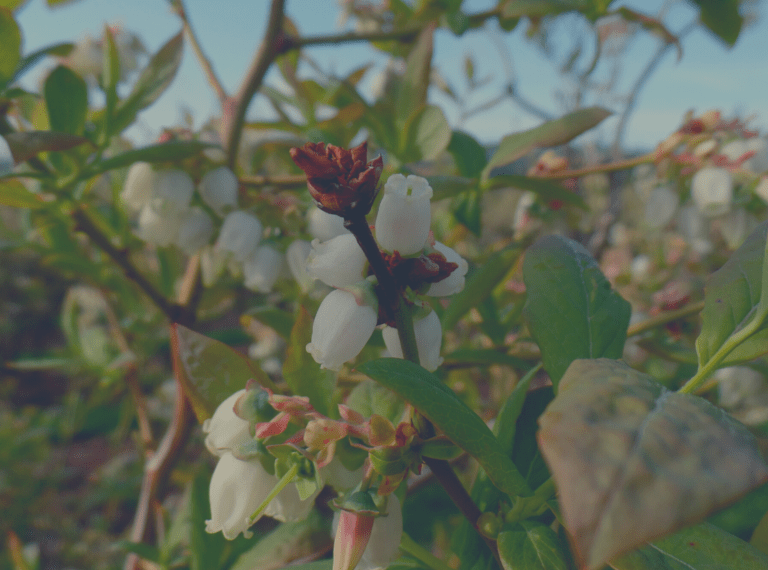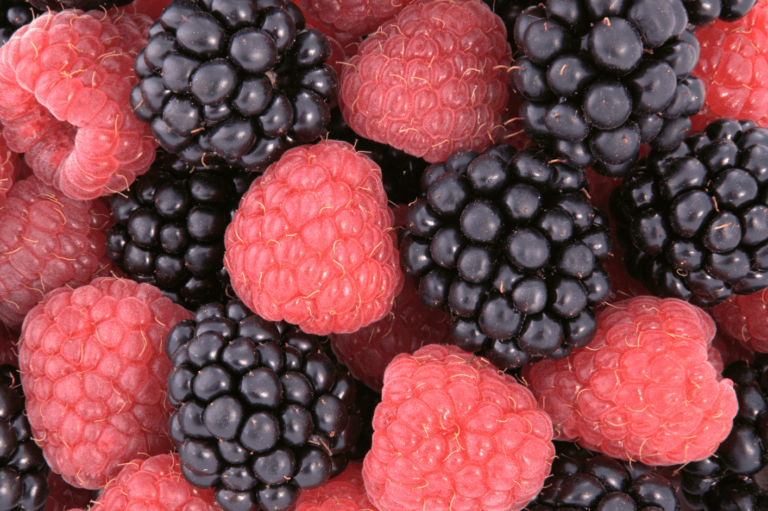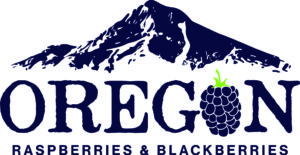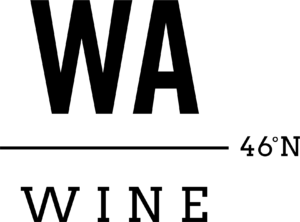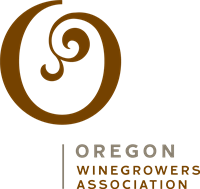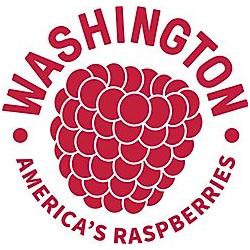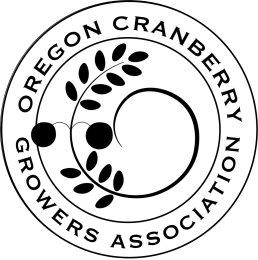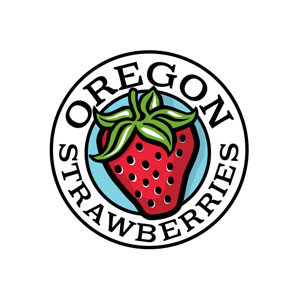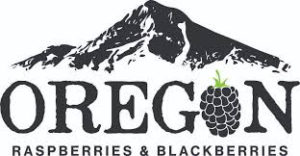Particle film and Deficit Irrigation: Partners to Enhance Wine Grape Quality and Sustainability
- Research Status: Project completed 2008 - 2009

Krista Shellie & Mike Glenn



Irrigation is a production tool used to cultivate wine grapes in arid climates to beneficially control canopy size and enhance berry components associated with wine quality. Grape vines provided with less water than needed for optimum growth have smaller, less dense canopies and more clusters that are exposed to potentially damaging solar radiation.
The objective of this research was to evaluate whether foliar application of a commercially available, clay particle film could reduce the incidence of solar injury to the berry, and enhance water use efficiency when vines were grown under a water deficit.
Field trials at two sites in southwestern Idaho were used during the 2008 growing season to maintain differential levels of water deficit and sprayed half of the vines within each plot with a clay particle film.
Results from the prior two years of this project suggested that particle film enhanced vine water use efficiency only in well-watered conditions and did not prevent surface browning on exposed fruit located on the west side of the canopy.
Correlations between berry soluble solids and titratable acidity, and between berry fresh weight and yield, were observed on vines with particle film. This suggests that the film may increase uniformity of fruit maturity within a harvest and the crop load carrying capacity of the vine.
Shellie, K. and Glenn, D.M. 2008. Wine grape response to foliar particle film under differing levels of preveraison water stress. American Socienty of Horticultural Science. Online:

